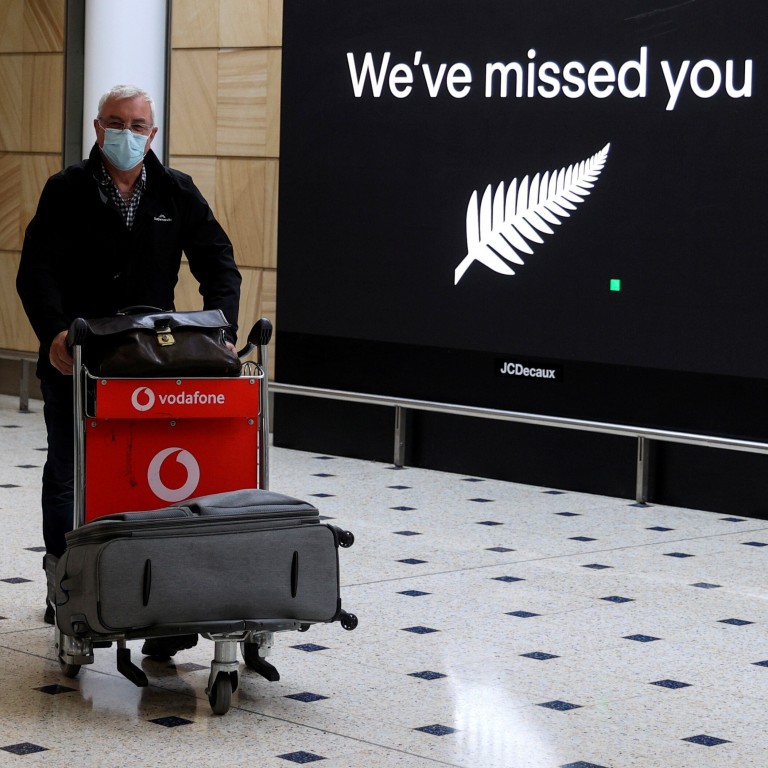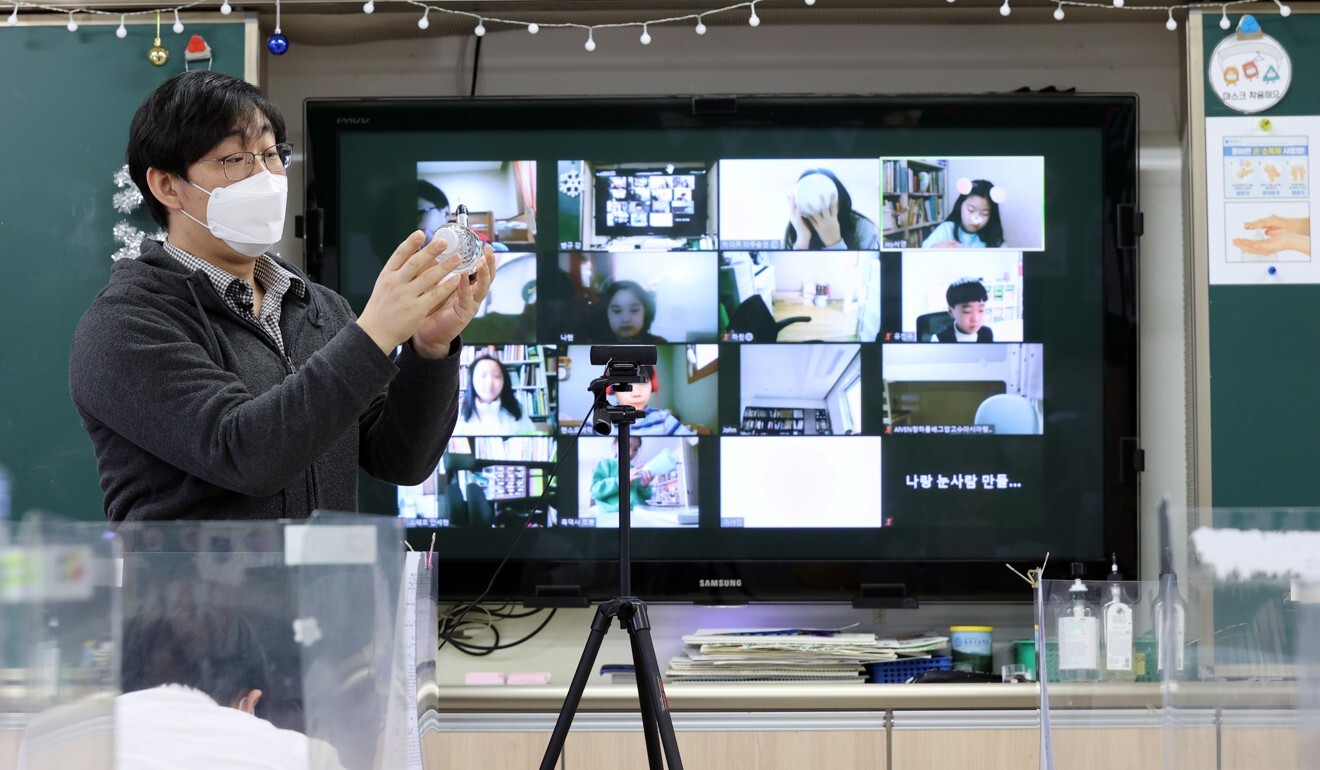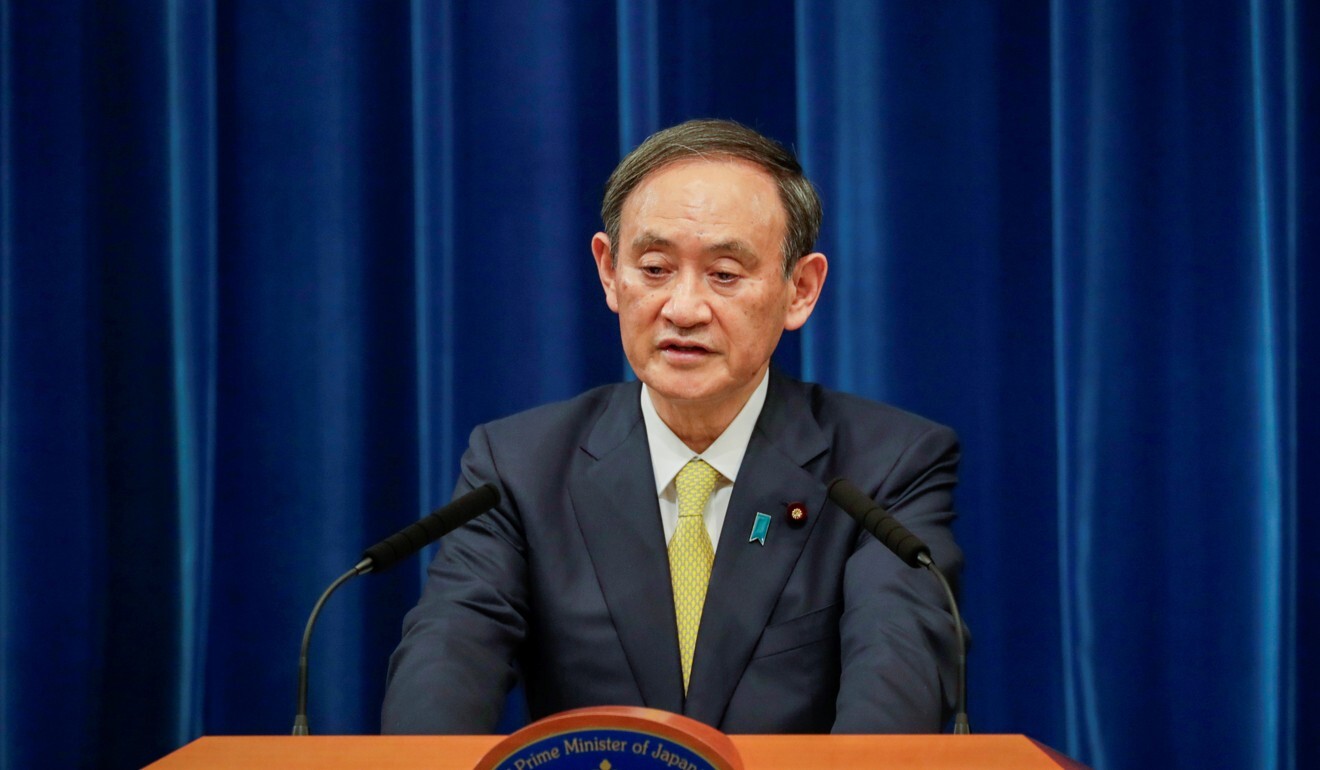
Coronavirus: New Zealand agrees to Australia travel bubble; South Korea shuts schools
- PM Jacinda Ardern said her cabinet had agreed in principle to start the trans-Tasman quarantine free travel bubble in the first quarter of 2021
- South Korea reported 718 new Covid-19 cases, down from the record daily increase of 1,030 a day earlier
Prime Minister Jacinda Ardern said the cabinet had agreed in principle for the trans-Tasman quarantine free travel bubble pending confirmation from the Australian cabinet, and no significant changes in circumstances of either countries.
“It is our intention to name a date … in the new year once remaining details are locked down,” Ardern said in Wellington.
New Zealand’s has virtually eliminated Covid-19 within its borders by enforcing a tough lockdown and keeping its borders shut to all foreigners for most part of the year.
New Zealand eyes Cook Islands travel bubble
Ardern said more work was needed to ensure safe travel and New Zealand would move cautiously to finalise arrangements like managing airline crew, segregating travellers and others.
“Of course we want to progress on these issues including quarantine-free travel, but we haven’t taken risks before as that means New Zealanders won’t be able to keep their freedom, and I certainly don’t want to take those risks right now,” Ardern said.
A trans-Tasman travel bubble has been under discussions for months and many Australian regions have allowed New Zealanders to travel without quarantine requirements since October, but New Zealand had not reciprocated this move.
Australia also closed its international borders early in the pandemic and now, apart from New Zealanders, only allows returning Australian citizens to fly into the country.
Last week, New Zealand and the Cook Islands agreed to open a quarantine-free travel bubble by March next year, which was its first reciprocal travel bubble.
Reflecting on 2020 in her final post-cabinet press conference for the year, Ardern said it was a “a year no one would have imagined” and “horrendous”.
South Korean schools closed
Schools in the capital region would move classes online until the end of the month, in a step towards the imposition of Phase 3 social distancing rules, a move that would essentially lock down Asia’s fourth-largest economy.
South Korea, Japan report record new coronavirus cases
Prime Minister Chung Sye-kyun said such a step required careful review, as the government comes under mounting pressure to do more to stop the rise of infections. “The government will not hesitate to make the decision to upgrade to Phase 3 if it is considered necessary as it takes into account the opinions of related ministries, local governments, and experts,” he told a meeting of health officials.
The Korea Disease Control and Prevention Agency (KDCA) on Monday reported 718 new Covid-19 cases, down from the record daily increase of 1,030 a day earlier. Of the new cases, 682 were locally transmitted, it said.
Most of the new cases were in Seoul, the neighbouring port city of Incheon, and Gyeonggi Province, home to over 25 million people. South Korea’s total infections now stands at 43,484, with 587 deaths.

Top Glove worker dies in Malaysia
Malaysia’s Top Glove reported that a worker died on Saturday due to Covid-19, the first death since the outbreak at its dormitories and factories in October.
The world’s largest glove maker told Reuters in an email that the 29-year-old worker from Nepal had worked at its manufacturing facility in Klang, 40km west of the capital Kuala Lumpur, for more than two years.
Migrant workers say Malaysia’s Top Glove put profits before people
India to use election machinery for vaccine roll-out
The government has lined up cold storage facilities with temperatures between 2 to 8 degrees Celsius (36 to 48°F), said V.K. Paul, who heads the group of experts on vaccine administration for Covid-19 that advises India’s Prime Minister Narendra Modi. These preparations meet the requirements of what he said were the four emerging candidates in the race for India’s vaccine.
Asian women pay the price as Covid-19 destroys jobs
“The four that I can see, including Serum, Bharat, Zydus, and Sputnik need normal cold chain. I see no problem for these vaccines,” he said.
Serum Institute of India, the world’s largest vaccine maker, is already mass producing and stockpiling AstraZeneca’s Covishield shot, while Indian biotech players Bharat Biotech and Zydus Cadila are developing their own vaccine candidates. And last month, Indian pharmaceutical player Hetero signed a deal with Russia’s RDIF to manufacture over 100 million doses of the Russian Sputnik V Covid-19 vaccine per year in India.

The government expects the first approvals “very soon” from the independent drug regulator for emergency use, Paul said.
India has the world’s second highest caseload of coronavirus behind the United States, but its death rate has been far lower.
Japan to suspend travel subsidy programme
The “Go To Travel” campaign will be halted nationwide from December 28 to January 11, with further decisions to be based on how the situation develops, Suga told a meeting of the government’s task force on the coronavirus response.
Trips to Tokyo and Nagoya, both of which have seen a sharp rise in infections in recent weeks, will be suspended, with residents also being asked to refrain from using the subsidy programme for trips departing from either city.
The decision came a day after the nationwide number of people with serious symptoms of Covid-19 hit a record high of 583 in what some medical experts describe as a “third wave” of infections.
Japan eyes March opening for Asian tourists as coronavirus fears ease
“The nationwide number of infections continues to be high, and based on a number of indicators we are seeing more regions with infections spreading,” Suga warned.
“I ask the Japanese people to take basic precautions against spreading infections, especially during meals, and to carefully consider whether to travel to their hometowns during the holidays, so that we may have a peaceful new year.”
Tokyo and Nagoya follow Sapporo in Hokkaido and the city of Osaka in western Japan in being removed from the travel promotion initiative amid a resurgence of Covid-19.
Tokyo’s seven-day rolling average of new coronavirus cases stood at 503.9 as of Monday after topping 500 for the first time the previous day since the start of the pandemic. Nagoya, the capital of Aichi Prefecture, reported 93 cases on Sunday with a total of 181 new cases confirmed in the central Japan prefecture.
The “Go To Travel” campaign, which effectively shoulders about half of domestic travel expenses, was launched in July to help the tourism industry weather the impact of the pandemic.
While Japan has not seen the kind of massive outbreaks that have hit the United States and parts of Europe, infections have worsened as winter has set in, particularly in regions such as the northern island of Hokkaido and the city of Osaka.
The country saw more than 3,000 new infections for the first time in one day on Saturday and Tokyo, Japan’s capital and largest city, confirmed 621 new cases.

